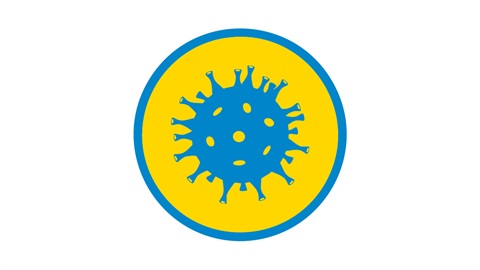Pandemics and animal epidemics: What you need to know

Find out which government agencies are responsible for responding to pandemics and animal epidemics.
A pandemic or animal epidemic occurs when a virus spreads rapidly, affecting a country or many countries globally. In such cases, such as the recent Covid pandemic, many people and animals can become seriously ill, and the impacts can be long-lasting.
By staying informed and understanding the responsibilities of lead agencies, we can all contribute to minimising the risks and impacts of pandemics and animal epidemics.
Pandemics
The Ministry of Health is the lead agency responsible for preparing and responding to pandemics in New Zealand. They coordinate public health measures and provide up-to-date information, including guiding communities through health measures, restrictions, and recovery plans.
Pandemics continue to pose a significant threat to public health and the economy, making it crucial to stay informed and prepared for potential future outbreaks. A recent example of this includes the devastating impact Covid had around the world.
You can find more information about pandemics on the Ministry of Health website including New Zealand’s pandemic plan.
Animal epidemics
New Zealand’s biosecurity and response to animal and plant diseases are managed by the Ministry for Primary Industries (MPI). Animal epidemics, in particular, can have far-reaching effects on our agricultural and farming sectors.
An animal epidemic poses serious risks, especially to farming communities on the outskirts of Palmerston North. Livestock disease outbreaks can disrupt farming operations and food supplies. Recent examples of these in our region include mycoplasma bovis and foot and mouth disease.
MPI monitors risks and coordinates responses to any outbreaks of animal or plant pests and diseases. MPI also leads New Zealand’s food safety system, protecting consumer health both locally and internationally.
For more detailed information on national biosecurity and emergency plans, visit the Ministry for Primary Industries website